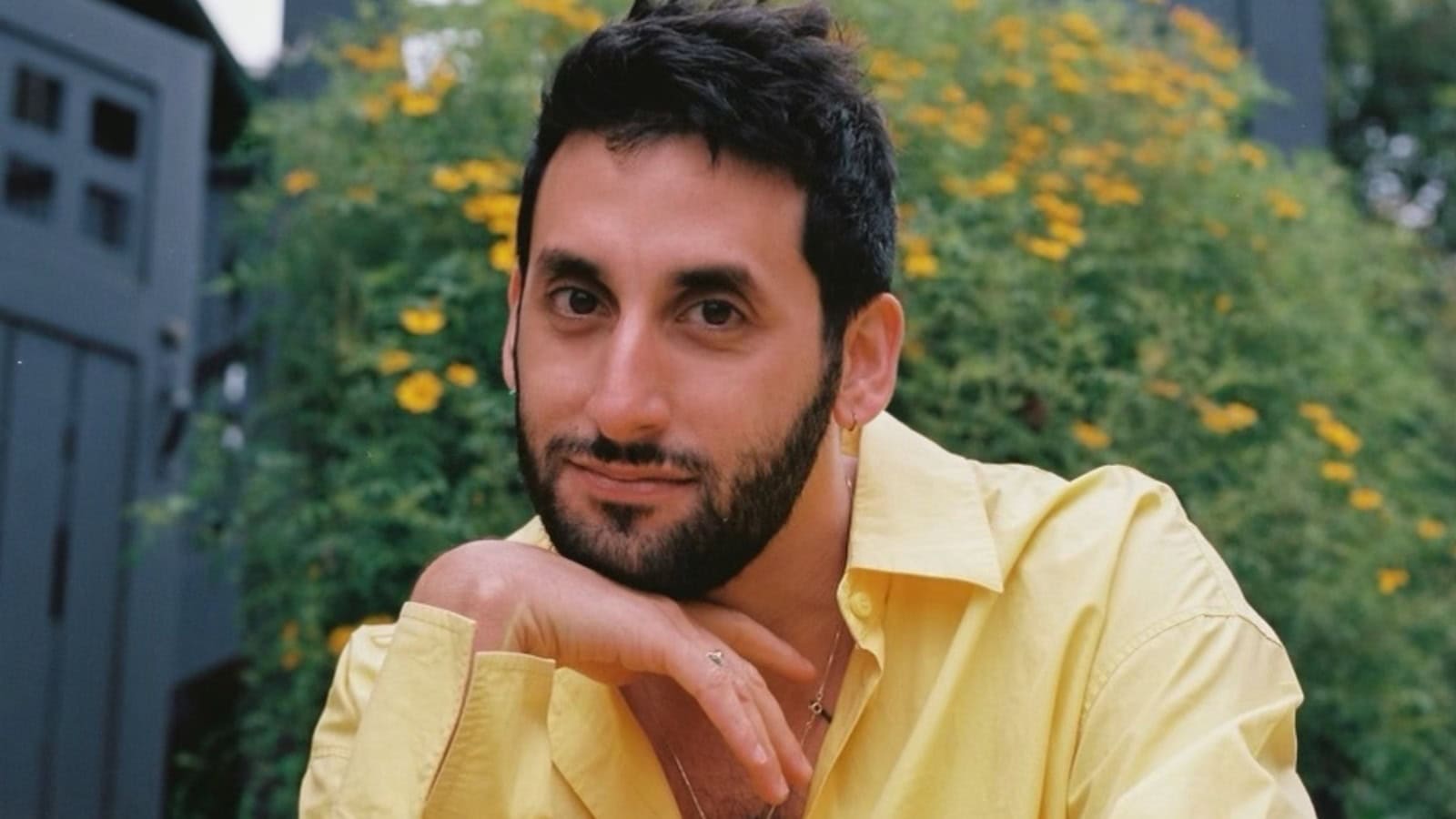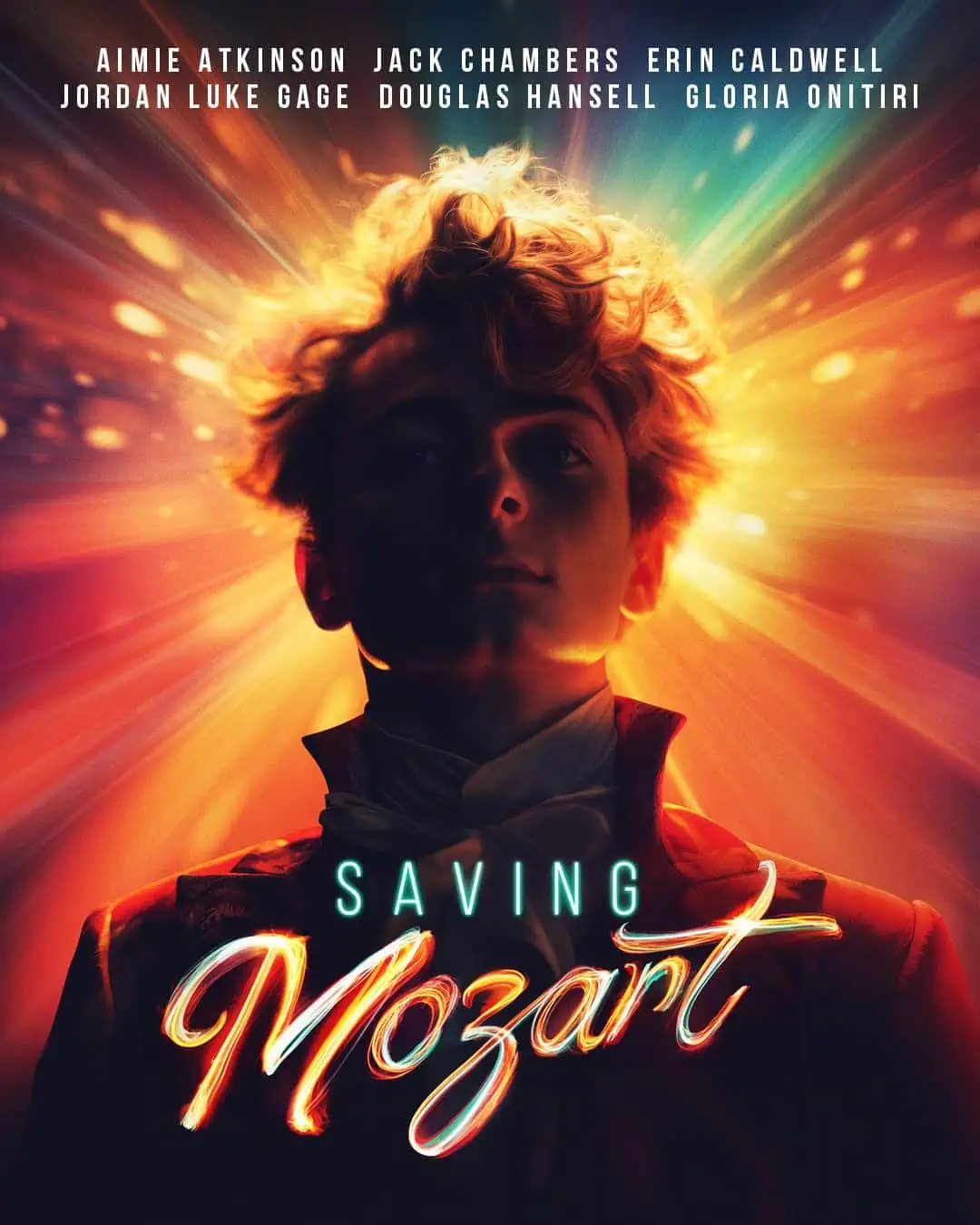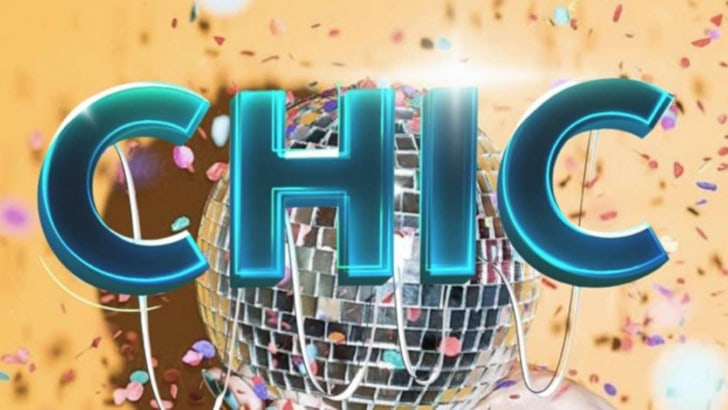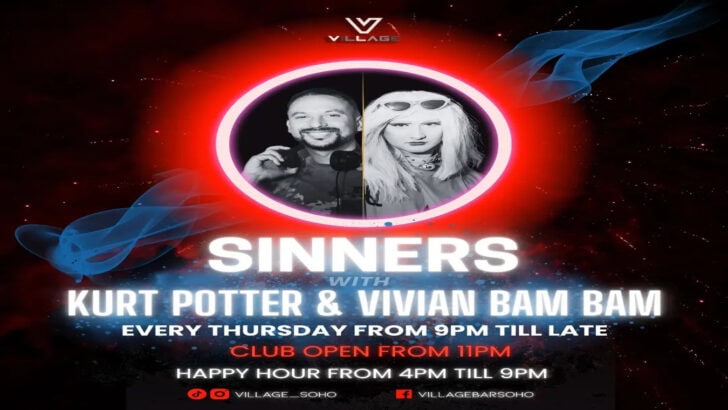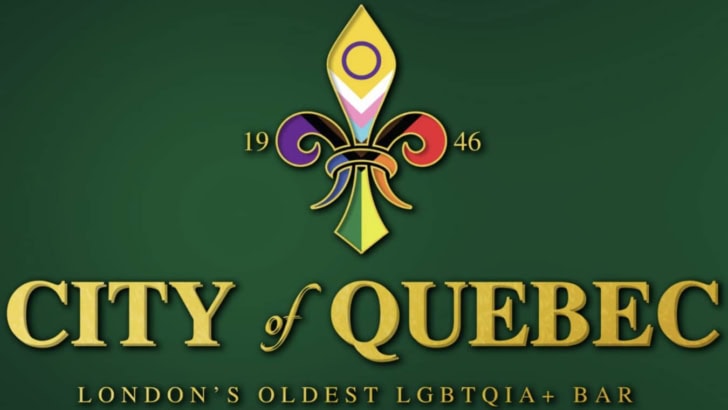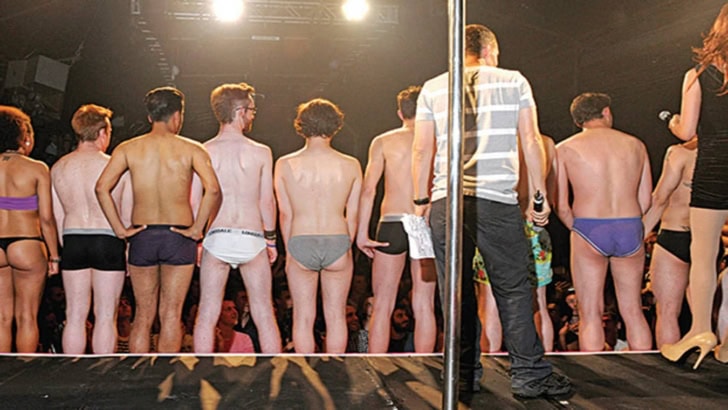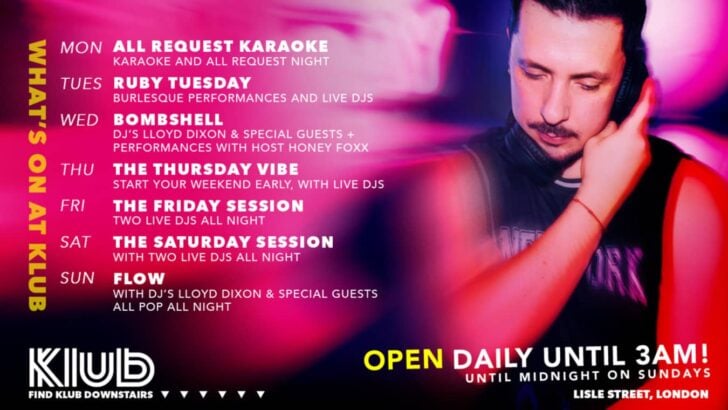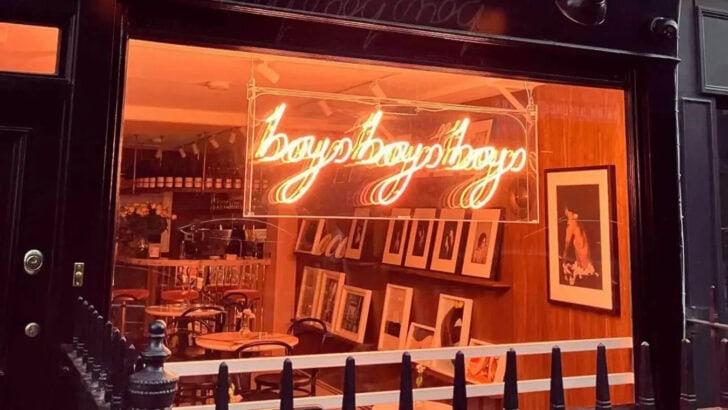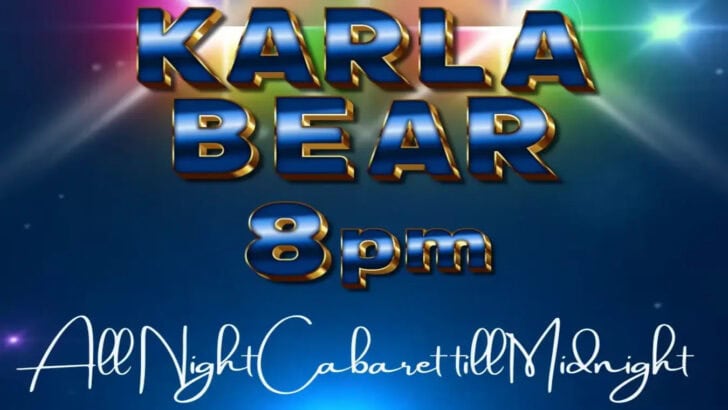Amrou Al-Kadhi is a British-Iraqi writer, filmmaker, and performer (Glamrou) whose work primarily focuses on queer identity, cultural representation, and racial politics. Their directorial debut feature film, LAYLA, premiered in competition at Sundance. It was released in the UK through Curzon in 2024, alongside international US and European sales. It received a 4-star review in The Observer and rave reviews at Sundance.
Their latest show, Drag Mother will run at Soho Theatre 20 – 25 January, and explores the pressures of Muslim womanhood and how it interacts with the freedom, femininity and complexities of a Muslim drag queen.
As Amrou wrote in their book, when Amrou confronted their mother about why she hated them being a drag queen so much, she said: “It’s awful being a woman. I am so jealous that you were born a man…and you’ve wasted it dressing like a woman. I would kill to have the freedom that you have.”
QX met up with Amrou Al-Kadhi to talk about being queer British with an Iraqi heritage, their career and their relationship with their mother.
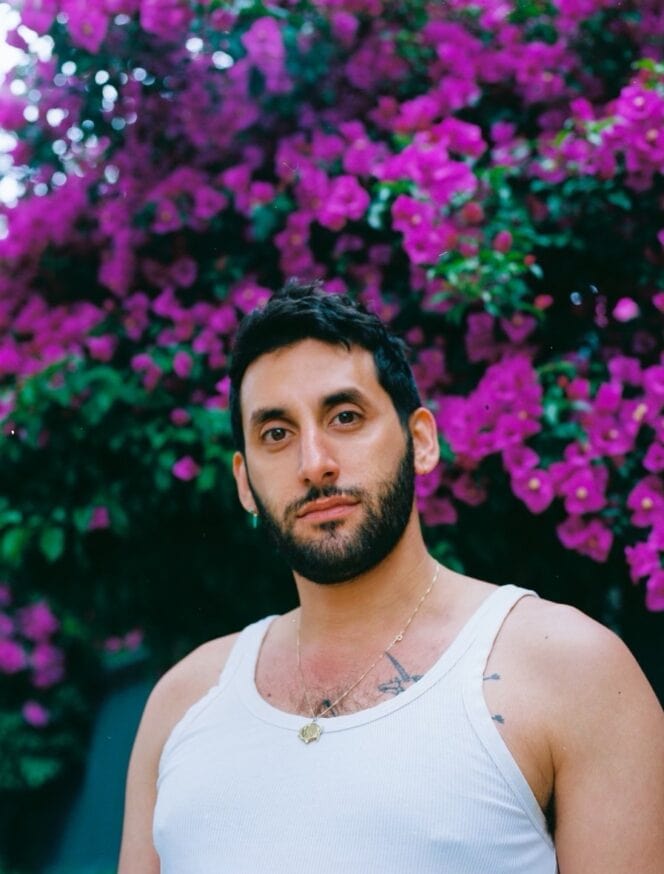
You were born in the UK with an Iraqi heritage. How has that influenced who you are as a person, and in particular, a queer person?
I suppose, growing up in the UK and in very white schools, my coming out entailed a divorce from my Iraqi heritage and my family, given their conservatism around my sexuality and drag. And so I made damaging conflations equating queerness with being Western and felt that it was incompatible with my heritage and my upbringing. Through drag, I’ve been able to explore the relationship with my heritage so much more and to embody beautiful elements about being Iraqi and in a queer, feminine way that has brought me so much closer to my heritage and my background. There’s so much beauty, art and complexity in my heritage, and drag has been such a powerful way for me to access that.
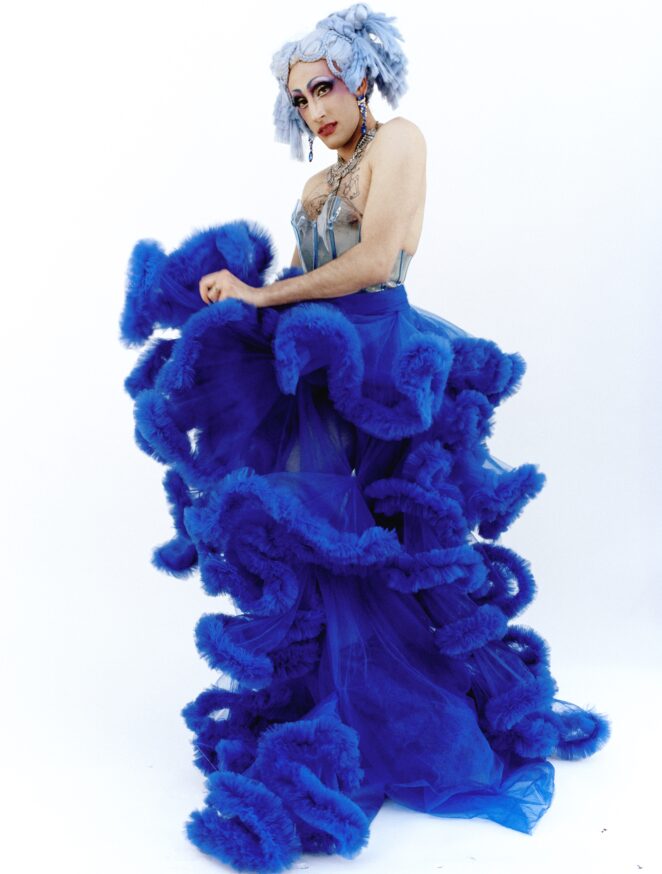
What inspired you to become a drag queen?
As audiences will soon learn…my mother! In terms of fashion, style, behaviour – my mother is the campest woman who has ever lived. She’s also hilarious, a true movie star. Even though she’s pretty socially conservative. Drag is my love letter to her; it’s the version of my mother had she been freed from the social expectations that restricted her. It’s my mother in a queer parallel universe.
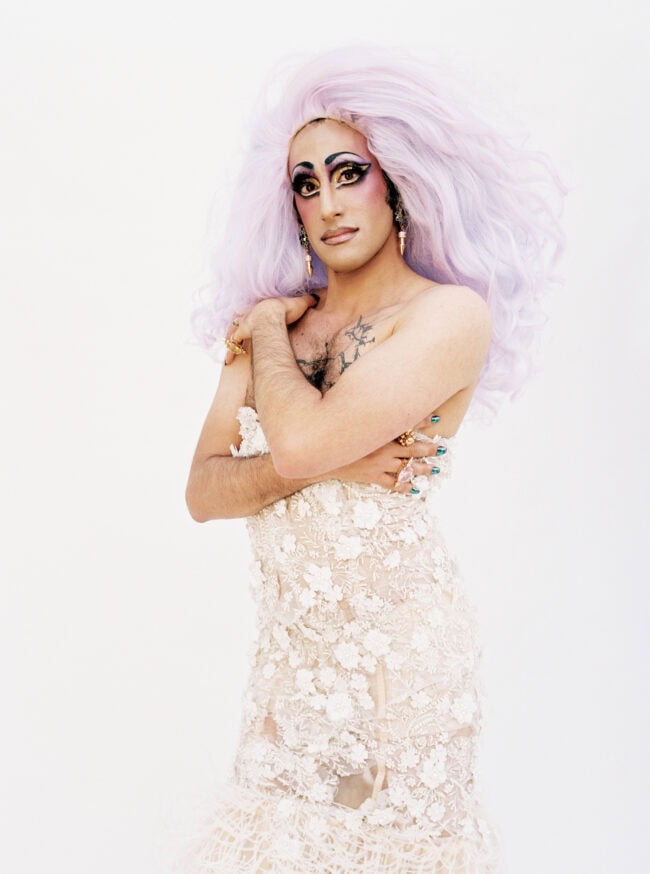
The show focuses on your relationship with your mother, where there was conflict. Do you see elements in that relationship that are cultural and ones that may be common to many gay men, regardless of culture?
I mean, a lot of the conflict between me and my mother is due to the idea of sin in Islam and the idea that if a child is a sinner, then so is the parent. In her mind, there is a very real possibility that my ending up in hell would also send her there. And a lot of the conflict is to do with the fact that my mother didn’t have a lot of freedom growing up in Iraqi, and she, therefore, resents the freedom she sees in me and my drag – a lot of this is certainly cultural, and I can see how it must be tricky seeing your son break all the rules (and be celebrated for it), whilst she had to play by the rules her whole life, and often without rewards.
My mother has expressed to me how jealous she is that I was born a “man,” because of the freedom that entailed, and so a lot of her disdain towards me doing drag is borne from a resentment that I found a freedom in femininity that she felt corseted by her whole life.
Could you tell us more about the show? In particular, how do you use humour to deal with traumatic experiences?
I don’t want to give too much away – but the show is really about the many layers of identity fiction; me as Glamrou, who is based on my mother; Glamrou as my mother, who seems like Glamrou; a sort of hall of mirrors between me and my mother through drag – who is the original, of sorts? – and a show where we explore where the trauma between us originates and how it bounces between the both of us endlessly. And the show is really about narratives, and how trauma can fictionalise narratives; both Glamrou and her mother narrating their stories of trauma…and how these stories sometimes become fiction as both characters are guilty of blaming each other in ways that are unfair. Why do people exaggerate their trauma? Can trauma be stolen from one another? Does truth matter when the feeling behind the truth is very real?
‘Unapologetically queer and almost insultingly imaginative, Glamrou is a formidable intellectual powerhouse.’
★★★★ QX Magazine
It will be for the audience to figure out where the narratives are unreliable and “whose side” they are on…it’s a kind of war between womanhood and drag femininity, mother and child, and the way in which they are inextricably linked, and the show will act as a commentary on the long stead cultural relationship between gay men and “camp” or cruel women. This show is a sort of visual and stylistic drag commentary on how gay men are obsessed with cruel women…I mean, we all want Miss Trunchball to put us in the chokee, let’s be real.
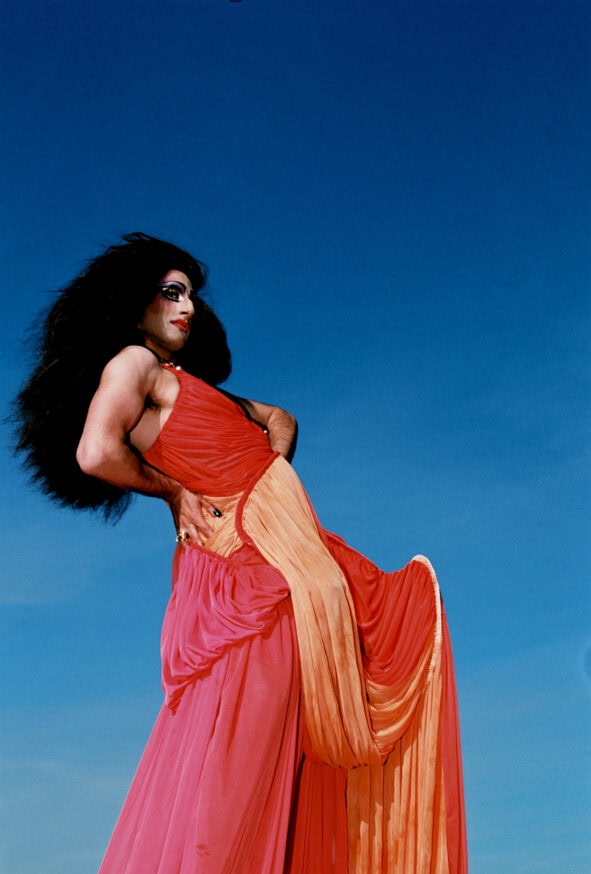
Have you been able to resolve the issues that you had with your mother, and if so, how were you able to do that?
We have a don’t ask, don’t tell policy now. I’ll leave it at that!
Have you seen a change in the attitude to queerness in the broader Iraqi community?
To be honest, most Iraqis and Arabs I know are much more concerned by the ways that the West is so complicit in destroying our nations. With the many Arabs and Muslims I’ve been organising with over the past few years, my sexuality has never been an issue – we’re much more focused on the virulent racism that is sweeping the West and leading to the decimation of so many Arab countries.
What plans do you have for the future?
Having made a feature film and released it this year, I’m really hungry to make a TV show next and bring my filmmaking to the small screen so I can speak to wider and broader audiences! I’m working extremely hard on making that dream a reality right now 🙂
Drag Mother runs from 20 – 25 January 2025, at Soho Theatre, 21 Dean St, London W1D 3NE, United Kingdom.
